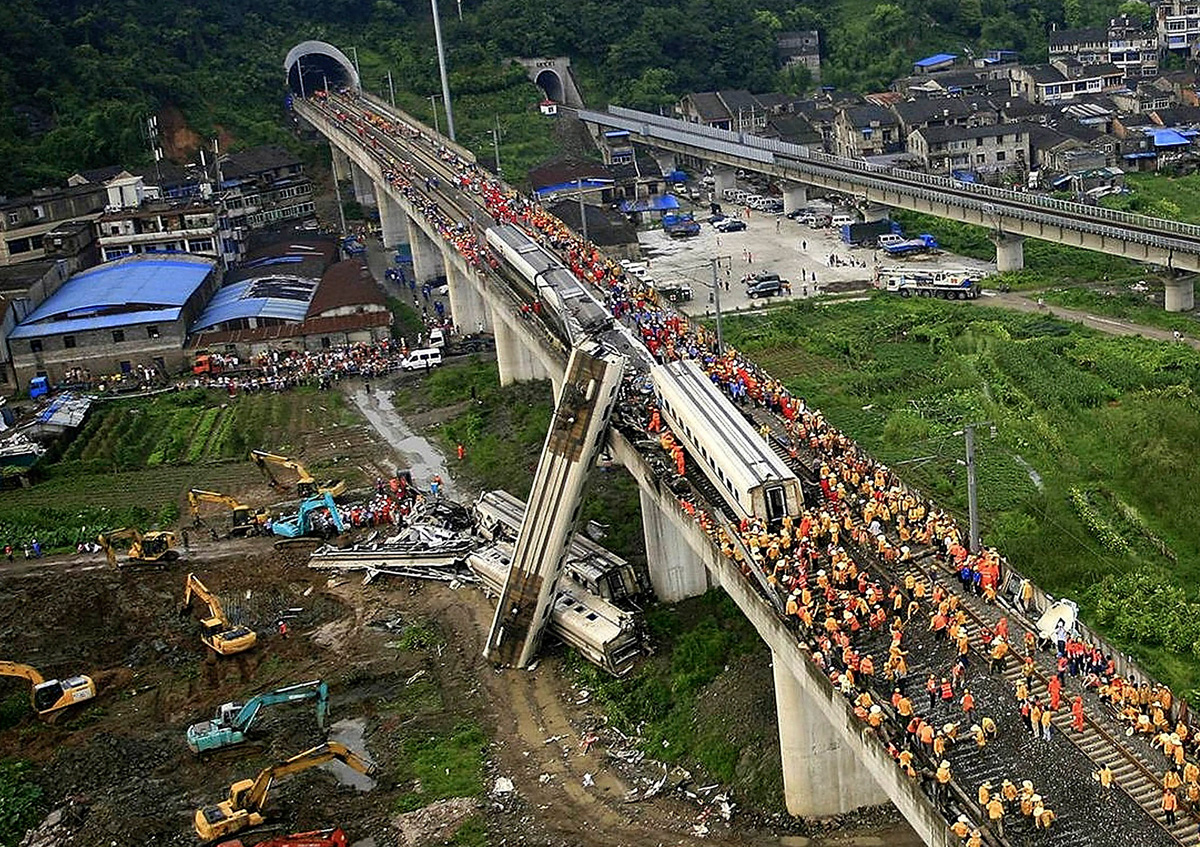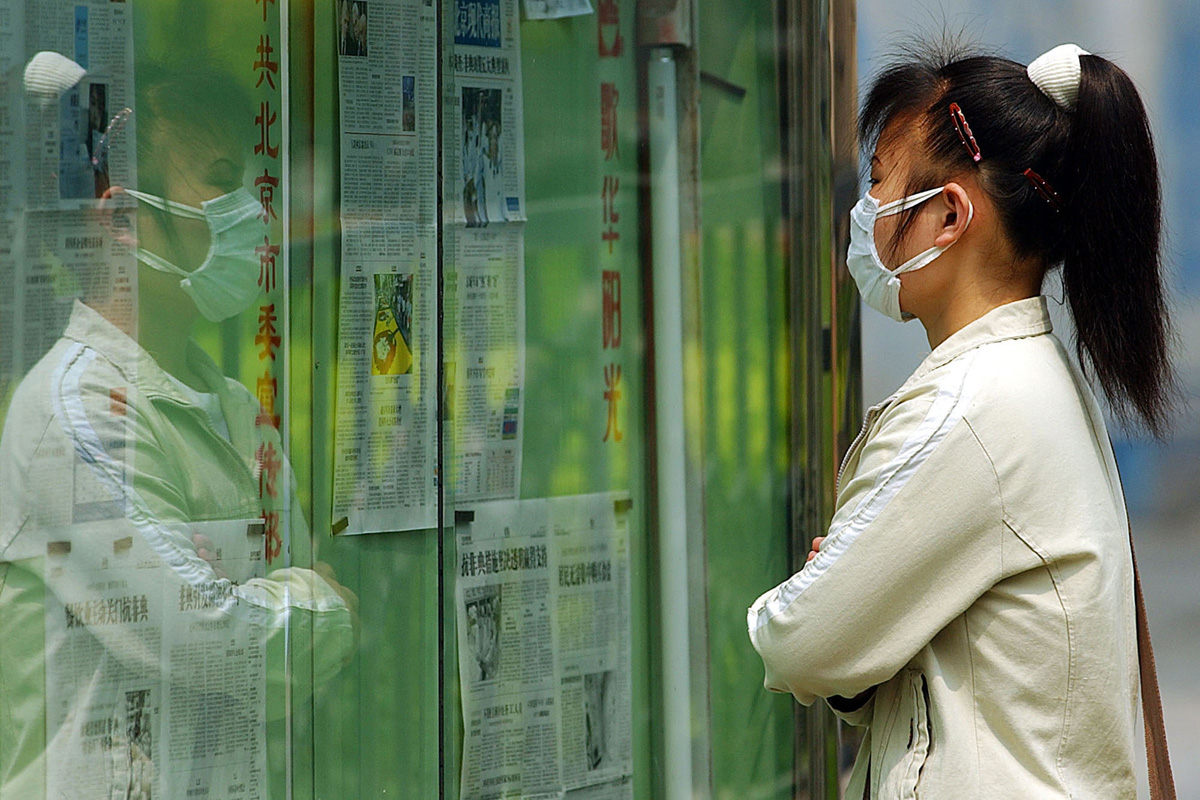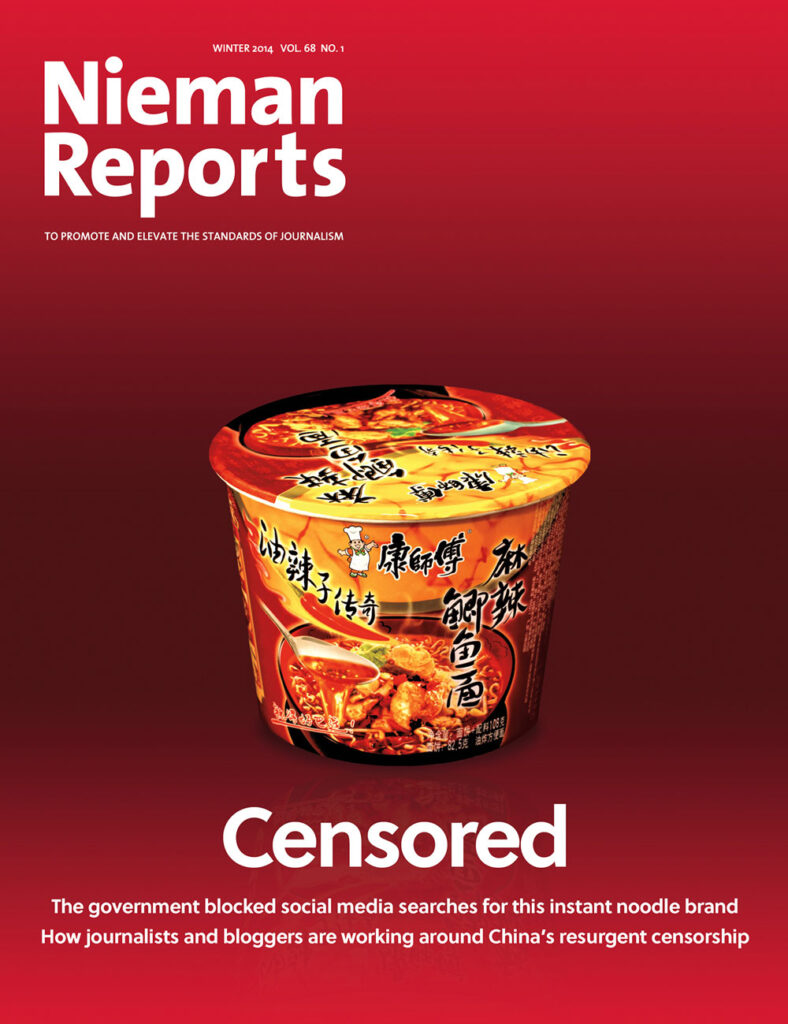I became a journalist in 1979. Back in those days, two basic skills were required of any journalist: reporting and writing. Three decades later, in an era of dramatic technological changes, these basic skills alone are no longer sufficient. Journalists now require a third basic skill: They must learn how to mine important facts and trends from the mountains of information all around them.
It was 1991 before I used a computer for the first time. We called this “giving up the pen,” which simply meant you exchanged your pen for a keyboard and mouse. It was around that time too that I heard about an ambitious project to carry out computerized analysis on the “Dream of the Red Chamber,” a work of classical Chinese literature. The idea was to arrive at different speech patterns among various characters in the novel by mapping the frequency of different types of utterances.
Ten years later, in 2001, I was serving as the deputy managing editor of Southern Weekly, a relatively young commercial newspaper that had carved out a reputation as a more freewheeling publication. That year, unfortunately, a number of our reports fell afoul of Communist Party censors. After I was removed as editor, I accepted an invitation for a fellowship at the Chinese University of Hong Kong, just over the border. It was in Hong Kong that I stumbled across complete historical archives on disc of the Party’s official People’s Daily and the People’s Liberation Army Daily. I was quickly obsessed. I used the archives to hone my search skills, analyzing coverage in these two papers before and during the Cultural Revolution. The result was a full-length paper called, “The Emergence and Transformation of Red Political Terms.”
This experience was entirely new. In the past, relying purely on manual analysis, it had been virtually impossible to accurately determine how phrases like “Mao Zedong Thought” or “dictatorship of the proletariat”—terms that had had a deep impact on the course of the Cultural Revolution—had been used over time. Now, computer technology made it possible to enter a simple keyword and arrive at these results almost instantly. All at once, the numbers hidden within a sea of language revealed themselves.
In 2003, I moved to the Journalism and Media Studies Centre at the University of Hong Kong, where we established the China Media Project, a special research initiative for the systematic study of Chinese media. The SARS epidemic struck soon after, testing a new generation of media that had emerged in China since the middle of the 1990s—commercial newspapers and magazines seeking market success and professional relevance even under stringent propaganda controls. In the early stages, as the epidemic was taking hold, there were reports in China’s media. But bans on coverage soon followed, and at a time when public health information was most critical, Chinese media were woefully silent. That year, we pioneered the use of news databases such as WiseNews to provide the most accurate picture possible of the pattern of reporting (and silence) in China’s media during the epidemic.
Analysis of this kind is no longer a purely academic pursuit. It can help provide essential context and background for coverage of all sorts, in China and beyond. After a massive mudslide in China’s Gansu province in 2010, which claimed more than 1,400 lives, veteran investigative reporter Wang Keqin hurried to the scene for what would eventually be the most thorough report on the disaster and its underlying causes. At the University of Hong Kong, meanwhile, I was digging through my databases to provide background support. News reports and journal articles in the months and years leading up to the disaster offered a clear picture of the extreme damage caused to the area by careless development; a number of experts had even issued their own warnings.
Fished out of the shadows, old news coverage in China’s media can provide clues to the family connections of government officials as reporters investigate their financial dealings. Even past propaganda can cast revealing light on breaking news stories. After a high-speed rail crash outside the city of Wenzhou in July 2011 claimed at least 40 lives, we uncovered and translated People’s Daily coverage from the previous December in which the paper valorized train conductors who were being forced to master technologically complex high-speed trains in just 10 days against the best judgment of their German trainer, who insisted they needed at least two months.

One method that can provide valuable insight, particularly given China’s closed and secretive political culture, is the analysis of keyword frequencies over time. Since 2006, I have been applying keyword analysis to the issue of political reform as it has run hot and cold—or more accurately, cold and colder—in domestic Chinese media. Given the rarefied official vocabulary used by the Chinese Communist Party, this type of analysis can prove quite effective in spotting political trends.
The history of news coverage, and the lives of keywords, can reveal a great deal to journalists who take the time to master the art of online and database searches. In August 2013, for example, our research center was the first to spot, and to plot, the appearance in official Party media of “public opinion struggle,” a term redolent of China’s Cultural Revolution era and pointing to a clear hardening of the Party’s stance toward domestic media and information control—and even, as the later standoff over visas for Bloomberg and New York Times journalists showed, toward international media doing tougher reporting in China.
Language has a life cycle. Changes to the language in which various issues are framed can help us spot emerging trends, give essential context to on-the-ground reporting, and enliven the reports we eventually write.
The tools that help us make sense of the language all around us, to discover the truths within, are constantly changing. That, of course, presents new challenges to journalists and journalism educators. But we must recognize a fundamental change in what is required of our profession. Good journalists today must still be capable reporters and decent writers. But they must also be capable searchers, able to uncover the secrets hiding right under our noses.
Qian Gang, former deputy managing editor of Southern Weekly, is co-director of the China Media Project at the University of Hong Kong.




